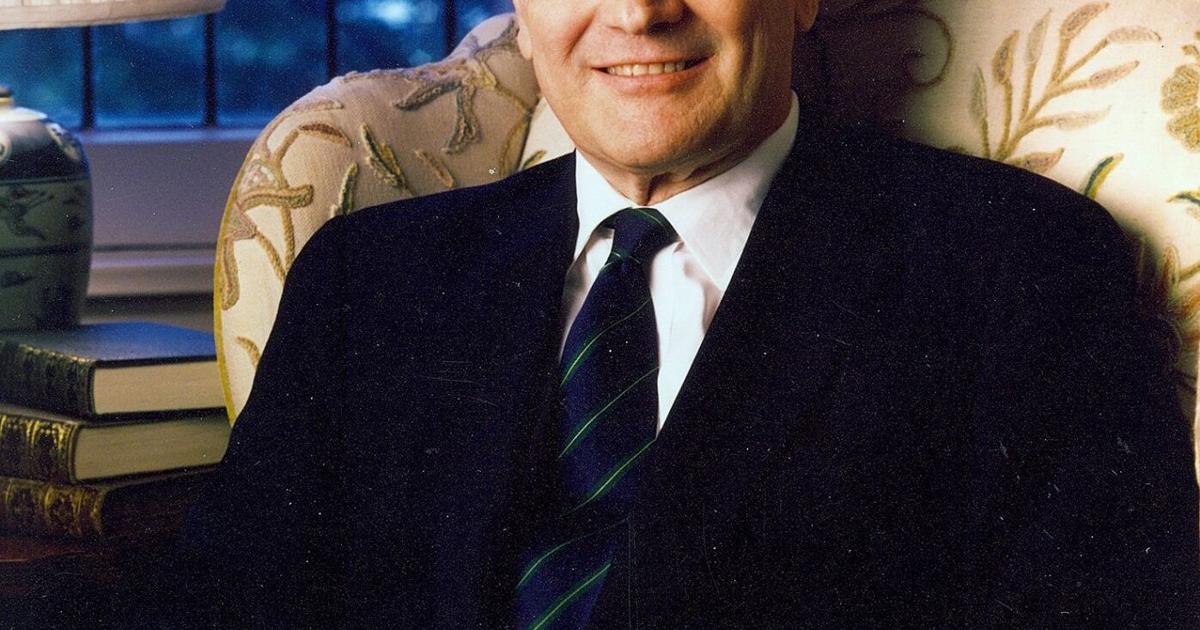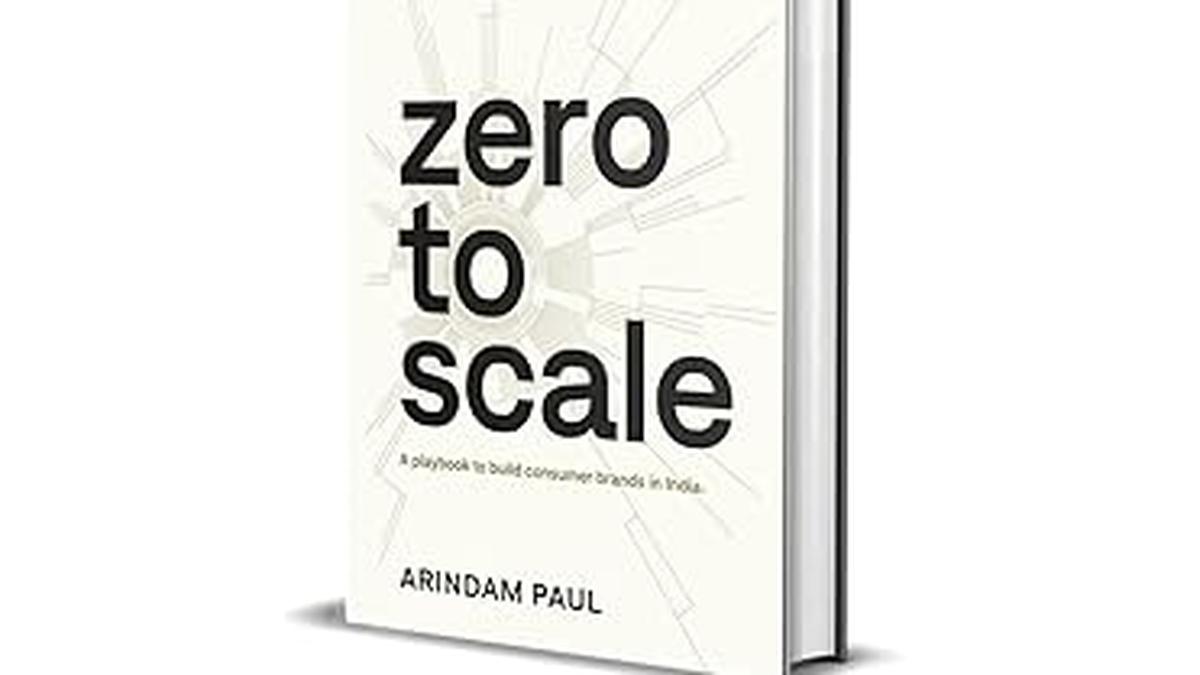By Rod McQueen
Copyright thestar

Born in Southampton, England, John McNeil emigrated to Canada in 1956 and joined Sun Life Assurance Co. He next worked in mutual funds, then in 1975 joined Bank of Montreal becoming vice-president of investments in 1977.
McNeil’s boss was Bill Mulholland, the legendary chairman and CEO. Mulholland enjoyed taking potshots so he could watch executives writhe. Annually, Mulholland and his top people would go on what they called the “road show” visiting major cities, speaking to gatherings of senior customers and hosting dinners.
One year, Mulholland introduced McNeil by saying, “I see the podium is equipped with a clock and alarm system. Mr. McNeil is next. I think I’ll set it.”
McNeil moved onto the podium and proceeded to get back at the boss. He made an elaborate show of turning off the clock, saying to the audience and the notoriously late Mulholland: “I admire the chairman’s new-found devotion to punctuality.”
McNeil repeated the performance at two more presentations. It was the beginning of the end. During one six-month period in 1979, McNeil and six other senior bankers fled because of Mulholland’s management style. Mulholland claimed McNeil’s departure from investments was caused by the bank’s decision to get out of bonds. McNeil moved to Sun Life in Boston.
During an interview with me at the time, McNeil said he confronted Mulholland because he disliked his management style. “In a personal sense, I detest him. He didn’t need to be so inhuman to people.”
After the interview, McNeil walked me to the elevator and talked wistfully about why he stood up to Mulholland. “I believe a cat can look at the king, and that ….” His voice trailed away and I filled in the missing words: “says it all.”
McNeil nodded and whispered, “Maybe,” and returned to his office.
In 1983 I published my book about banking, The Moneyspinners, detailing the Mulholland-McNeil relationship and our elevator interchange. I heard via the grapevine that McNeil was not pleased. I assumed he would never grant me another interview.
By the mid-1990s, when I was researching my book on the demise of Confederation Life, McNeil had returned to Toronto as chief executive officer of Sun Life. I requested an interview, expecting a harrumphing “no” because I’d published our elevator exchange.
Imagine my surprise when he agreed. I arrived at the appointed hour and was ushered into a spacious room with a large, circular conference table.
I still presumed that he would arrive and ream me out for past inadequacies. Instead, he showed up with stacks of documents, spread them out on the conference room table, and talked about everything in turn.
McNeil’s management style couldn’t have been more different than Mulholland’s. “I am a great believer that people respond more readily to the authority of facts than they do the authority of the personality or the office,” he once said. He was chairman and chief executive of Sun from 1988-98, then chairman for another year.
In 1999, in my final interview before his retirement, amid the fine furniture and jam-packed bookcases, there was an unlikely sight: a blue recycling bin on rollers for unwanted papers. For two hours he lambasted the banks, bureaucrats, even himself.
“I had many setbacks in my career. There was a time when I was 41 and I said, ‘God, if you haven’t made it by 40 you’ll never make it,’ and there I was hunting around for a job. There were some pretty dark moments when I said, ‘Am I ever going to make enough money to retire on? Am I going to get ahead in business or am I just going to be scratching around at the fringes just trying to earn a living as an investment analyst?’”
“You learn more from the setbacks than the successes,” he said. “As you journey through life you go from thinking you’re the smartest guy who ever lived to realizing that you’re not. The self-knowledge I’ve got is that there isn’t a right answer, there are many right answers. When you’ve got an idea in your head and someone says, ‘I’ve got a different idea’ the thing I’ve learned is to say, ‘Tell me about it.’”
With his career concluded, McNeil said, “I’ve also learned that sometimes you have two alternatives and it really doesn’t matter which one you take, so why make a big fuss? It has to do with ego, which is exceedingly large when you’re young and diminishes through time.”
He was looking forward to his independence.
“Someone else has owned my life for 43 years and finally I’m going to own it.”
McNeil died in 2018 at 84 after a retirement of travel, sailing and opera, particularly Wagner’s 15-hour Ring Cycle, which he studied before seeing it as only a thoroughgoing man like John McNeil would.



